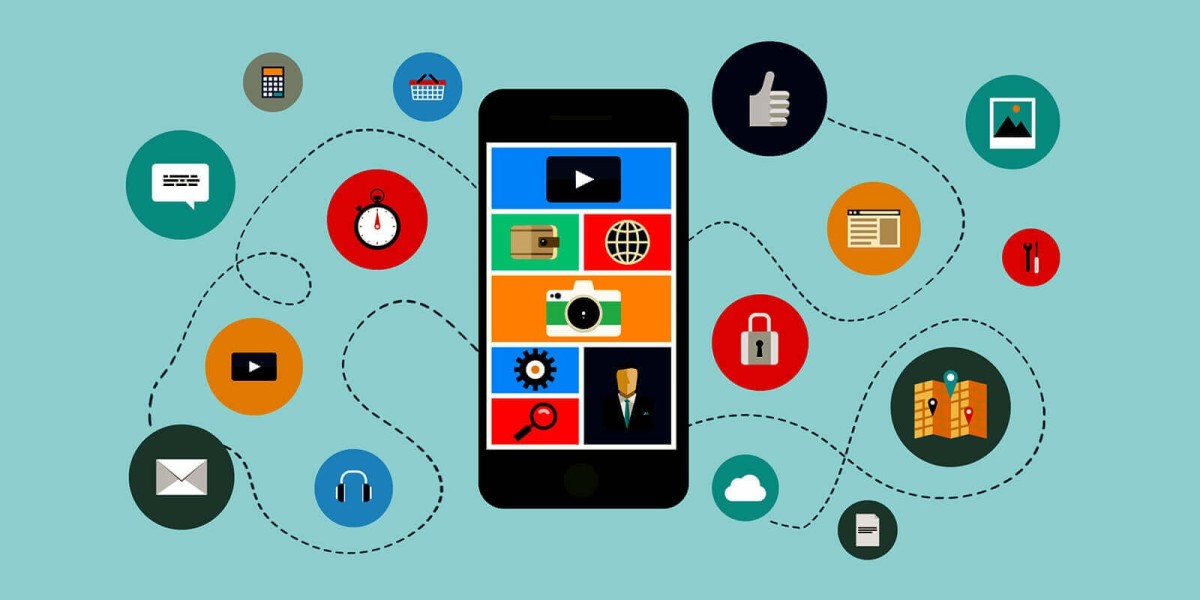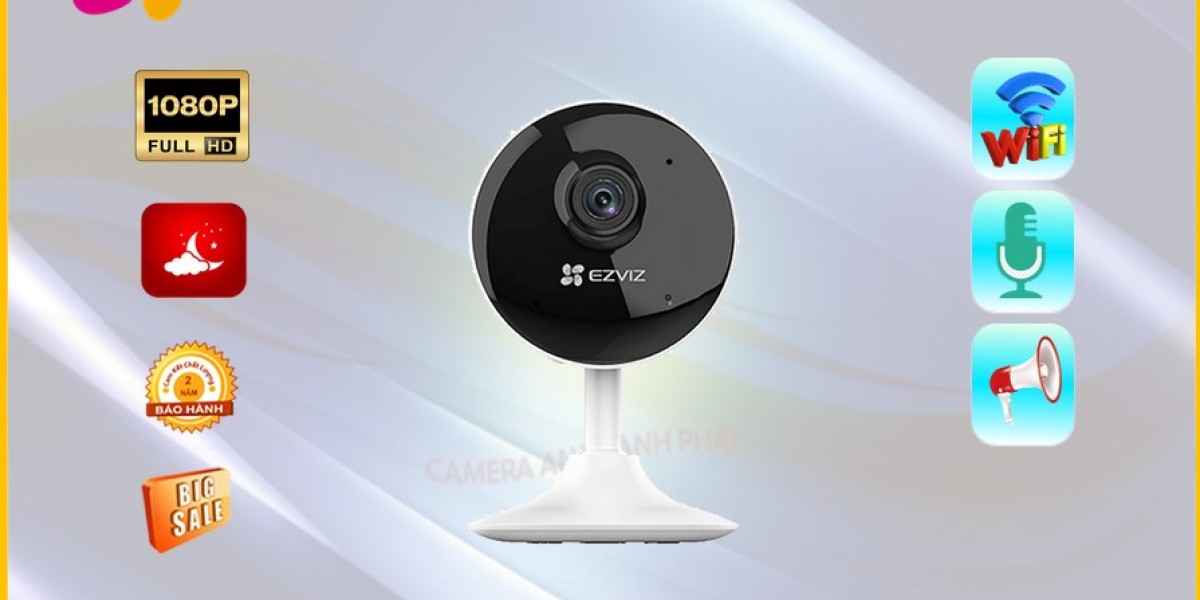Mobile app development is a dynamic field, requiring the right tools to bring innovative ideas to life. As a seasoned developer, I've navigated through various tools, each offering unique benefits. Here’s my take on the top 10 tools for mobile app development, presented from a unique perspective.
Flutter
Flutter has revolutionized the mobile app development landscape with its open-source framework. Its cross-platform capabilities allow developers to create visually appealing apps for both Android and iOS from a single codebase. Working with Flutter feels like painting on a digital canvas, where the possibilities are endless.
React Native
React Native, backed by Facebook, is a go-to for many developers. Its ability to leverage native components ensures high performance and a seamless user experience. When I first started using React Native, I was impressed by how quickly I could develop and deploy apps, significantly reducing the time-to-market.
Xamarin
Xamarin, a product of Microsoft, integrates deeply with the .NET ecosystem. This tool is perfect for developers familiar with C# and .NET, offering a robust environment for building cross-platform apps. I recall working on a project for a mobile app development company in Dallas, where Xamarin's features proved invaluable.
Swift
For those focusing on iOS development, Swift is the language of choice. Its syntax is clean and concise, making it easier to write and maintain code. Swift's performance is top-notch, and Apple’s continuous updates ensure it stays ahead in the mobile app development arena.
Kotlin
Kotlin is now the preferred language for Android development, thanks to its modern features and seamless integration with Java. I've found Kotlin to be intuitive and powerful, enabling the creation of efficient and scalable Android applications.
Android Studio
Android Studio is the official integrated development environment (IDE) for Android development. It offers a suite of tools that streamline the development process, from code editing to performance testing. The first time I used Android Studio, I was amazed by its comprehensive features and user-friendly interface.
Xcode
Xcode is Apple’s IDE for iOS development, providing everything a developer needs to create apps for iPhone, iPad, and Mac. Its powerful tools, such as Interface Builder and Simulator, make the development process smooth and efficient. Xcode has been my constant companion in crafting high-quality iOS apps.
Visual Studio Code
Visual Studio Code, a lightweight yet powerful source code editor, supports a wide range of programming languages and frameworks. Its extensibility through plugins makes it a versatile tool for mobile app development. I often rely on Visual Studio Code for quick edits and debugging tasks.
Ionic
Ionic, with its open-source SDK, enables developers to build high-quality cross-platform mobile apps using web technologies like HTML, CSS, and JavaScript. My experience with Ionic has been particularly positive when creating hybrid apps that need to deliver a native-like experience.
Adobe XD
Adobe XD is an excellent tool for designing user interfaces and experiences for mobile apps. Its intuitive design and prototyping capabilities help bring ideas to life before a single line of code is written. Adobe XD has been instrumental in my workflow, ensuring that design and functionality align perfectly.








